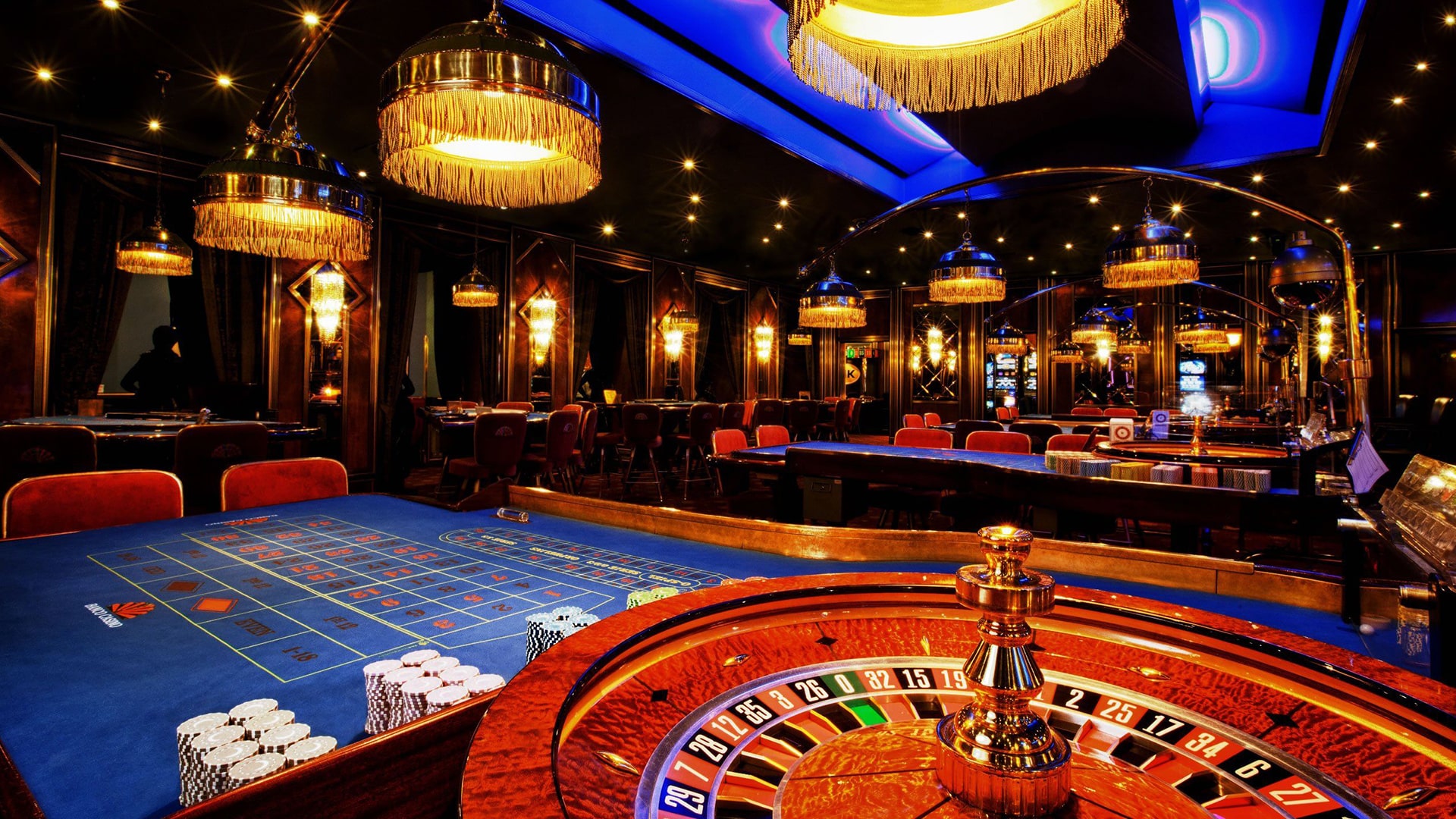
In the world of gambling, where chance and strategy intersect, a unique tapestry of beliefs manifests—one that braids luck, fate, and the enigmatic nature of casino games. Casinos, bustling with excitement and anticipation, are not just places for placing bets; they are also arenas in which superstitions thrive. From the novice player to the seasoned gambler, these mysterious practices often shape how individuals approach the games they play, believing that their actions can influence the outcome in ways that go beyond mere probability.
When players gather around roulette wheels, blackjack tables, and slot machines, the atmosphere is thick with stories of lucky charms, rituals, and codified behavior that defy logic yet provide a sense of comfort. Whether it’s wearing a specific outfit, following a particular sequence of bets, or even avoiding certain numbers, the attachment to various superstitions reflects a deep-rooted desire to manipulate the uncontrollable. This article delves into the captivating world of casino game superstitions, investigating the beliefs that simultaneously entertain and mystify those who dare to play.
Historical Beginnings of Superstitions
Gambling activities have long been interwoven with an array of superstitions that trace to early civilizations. The roots of these beliefs can be associated to humanity’s intrinsic wish to manage the unpredictable outcomes connected with fortune and uncertainty. In early civilizations, games of chance were often tied to religious practices. Gamblers would invoke favor or ask for favor from gods, believing that their actions could influence the odds in their favor. This groundwork laid the groundwork for the multitude of superstitions that developed as betting evolved over time.
During the Middle Ages, betting became a popular hobby across Europe, and with it, a colorful tapestry of superstitions emerged. Vin777 Participants adopted different rituals and charms, believing they could affect the results of games. The importance of digits, in particular, began to appear in superstitions related to card games and dice. The number 7 was often considered auspicious, while various numbers carried unfortunate connotations. These ideas mirrored the social contexts of the time, adapting as they transferred through generations and transformed to different gaming environments.
As casinos developed in the seventeenth century, particularly in Italy and the French nation, the atmosphere surrounding betting became saturated in mystery. The growing availability of casino activities allowed for the expansion and diversification of superstitions among players. Concepts like charmed charms, special seating locations, and rituals gained prevalence, creating a distinct culture within gambling establishments. As these traditions continued to thrive, they became essential to the character of gambling games, illustrating how history and society shape the belief systems that influence how gamblers connect with luck.
Popular Casino Myths
Beliefs surrounding gambling activities are abundant and diverse, reflecting the hopes and fears of players as they participate in random activities. One of the most common views is that specific numbers bring fortune or misfortune. For example, the digit 7 is often seen as a favorable number, frequently embraced by players looking for a positive result. Conversely, the number thirteen is routinely considered unlucky, leading many gamblers to avoid it during their gambling sessions.
Another common superstition relates to practices that players believe can influence their odds. Whether blowing on the dice before a roll, using a specific gesture to place a wager, or even putting on particular items of clothing, many people feel that these actions can tilt fate in their benefit. These rituals offer a sense of control in an otherwise unpredictable environment, strengthening the idea that luck can be created through individual beliefs and habits.
Finally, the ambiance and atmosphere of the gambling house itself adds to superstition. Many gamblers suggest that the presence of specific symbols, such as four-leaf clovers or lucky coins, can enhance their chances of success. Additionally, players might adhere to the belief that winning streaks can be interrupted by mundane events, such as someone walking past or a accident at the gaming surface. The shared atmosphere in a casino can amplify these beliefs, creating a communal culture of myths that goes beyond individual encounters.
Impact of Superstitions on Players
Beliefs play a important role in the mindset of gamblers, often influencing their actions and choices. A lot of gamblers believe that luck can be manipulated through different rituals, such as donning a talisman, choosing particular hues, or steering clear of particular digits. This reliance on superstitions can create a sense of control in an environment that is intrinsically unpredictable. Players frequently feel more self-assured and involved when they believe that their actions could sway the outcome of a game in their favor.
The influence of these superstitions extends beyond singular players, affecting the overall atmosphere within the casino. For example, a player who holds the belief in the luck of a certain slot machine might draw a crowd, as onlookers are intrigued by their apparent luck. This collective belief can amplify excitement and create a lively environment, leading to an engaging experience even for those who may not necessarily be superstitious. The buzz around specific games can lead to increased participation and extended playing sessions, supporting the casino’s vibrant social scene.
In some instances, superstitions can lead to harmful effects for players. Relying too much on rituals can result in poor gambling decisions, as some may ignore basic strategies in favor of unfounded beliefs. Additionally, the stress to perform rituals may heighten anxiety and tension, detracting from the pleasure of the experience. Ultimately, while superstitions can enhance the excitement of playing casino games, they can also lead to poor choices that overshadow the fun and entertainment intended in the casino experience.
